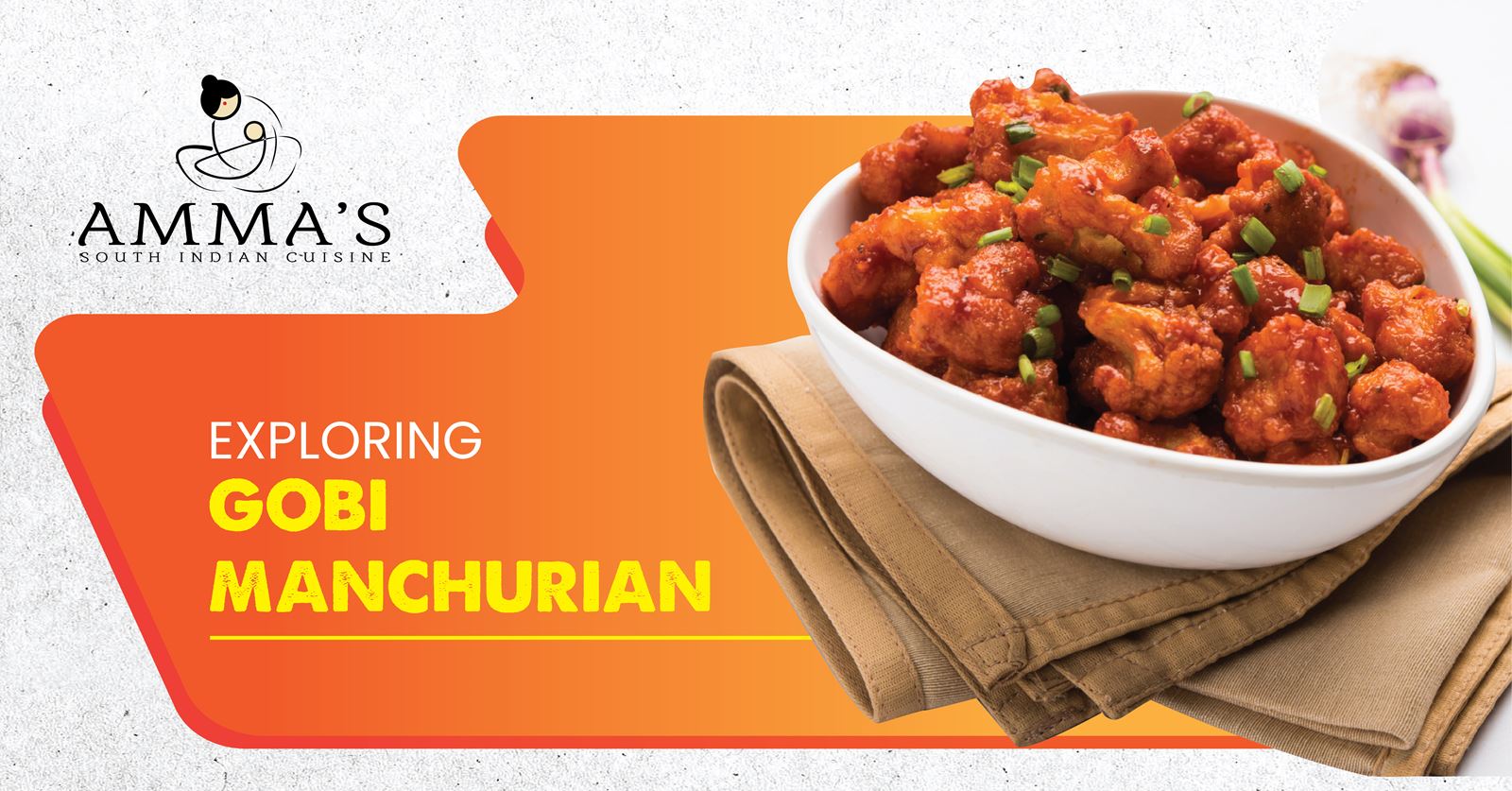PONGAL-THE HARVEST FESTIVAL OF TAMIL NADU
Most festivals celebrated in India are related to Nature and agricultural activities. Pongal is one such ‘thanksgiving’ festival to Mother Nature and Sun. It is celebrated with more merriment, fun and frolic. It promotes unity and show-cases the rich cultural heritage of India.
Pongal festival marks the beginning of ‘Uttarayana’ during which the sun moves northward for a six-month period. The sun leaves the zodiac sign of Sagittarius and enters into Capricorn. Uttarayana is considered as auspicious as opposed to ‘Dahshinayana’ or the southern movement of the sun for six months. According to mythology, this is the time when the days of the Gods begin, after a six-month long night. Pongal is celebrated on the first day of Tamil month, ‘Thai’ which falls in the second week of January. This is the time when crops are harvested, and this harvest is offered with reverence to Sun-God, wishing for a fruitful year.
The celebration lasts for four days, beginning the previous day as Bhogi. Bhogi is celebrated in honor of Lord Indra who holds the power of Rain and thunderstorms .On the day of Bhogi, people light up bonfires in front of their homes. Useless household articles and agricultural waste are burnt in the bonfires. The bonfires also symbolize the burning of vices and attachment to materials and relations. Bhogi is thus a celebration to discard negativity from our life and embrace the new.
On the second day, Pongal – a sweet dish is prepared in a bronze or clay pot, with a turmeric plant tied around it. Sugarcane sticks are used for decoration along with banana leaves and turmeric plant. This ritual takes place outdoors. Pongal means to ‘boil over’ or ‘overflow’. Spilling over of rice boiled with milk in an earthen or bronze pot under the sun came to be celebrated as the festival of Pongal since the Sangam Age more than 2 millennia ago. Chants of ‘Pongal-o-Pongal’ rent the air in many a home as the milk boils, symbolizing the gushing of prosperity.
On the third day, Mattu Pongal, is celebrated to honor cattle that has helped plough agricultural lands. Farmers wash their cattle, polish and paint their horns, and tie colorful beads, tinkling bells and beautiful garlands of flowers around them. They anoint them with vermillion and other pastes. Cows are then paraded around the village. There is a cheer in the atmosphere and villagers also organize cattle races on this day.
On the last day, Kanum pongal, women honor and pray for men in their family. They take a little bit of leftover sakkarai pongal , white rice mixed with vermillion and turmeric powder and roll them into balls. They place these on the leaves of the turmeric plant and offer it to crows, house sparrows, squirrels and other domestic creatures. Also, on this day, people go for a short trip to scenic places and enjoy their outing.
Amma South Indian Restaurant wishes you all a very happy Pongal! Visit us to have a taste of Indian cuisine and culture!




